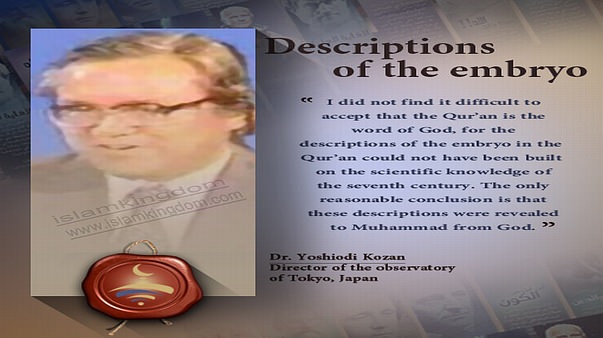A:
If a pregnant woman passes a piece of flesh or coagulated blood that as yet has no human form or shape, it does not take the ruling of a newborn which requires that Funeral Prayer be offered over it, and it cannot mark the end of `Iddah (woman's prescribed waiting period after divorce or widowhood), and there is no postpartum period. Therefore, she should pay no attention to the resultant bleeding unless it coincides with the days of her period, which is considered in this case her menstrual period.If, however, the fetus has a human form, which can be usually discerned after it completes three months, with a minimum period of eighty-one days, it takes the same ruling of a newborn baby, such as marking the lapse of `Iddah and postpartum period. Accordingly, the blood a woman sees is postpartum discharge, which requires that she stops Salah (Prayer) and Sawm (Fasting). She should make up for days of Sawm she misses due to postpartum bleeding. This miscarried fetus should not be washed, enshrouded, or prayed over unless it has reached four months. Imam Ahmad was asked how old a dead baby should be in order for the Funeral Prayer to be obligatory, and he said four months because the soul is breathed into it when it reaches this stage. (Part No. 4; Page No. 261) A fetus less than this age should not be washed, enshrouded, or prayed over; rather, it should be wrapped in a piece of cloth and buried in a hole because there is no life in it. Hence, it is not considered a human soul before attaining four months of age.May Allah grant us success. May peace and blessings be upon our Prophet Muhammad, his family, and Companions.








